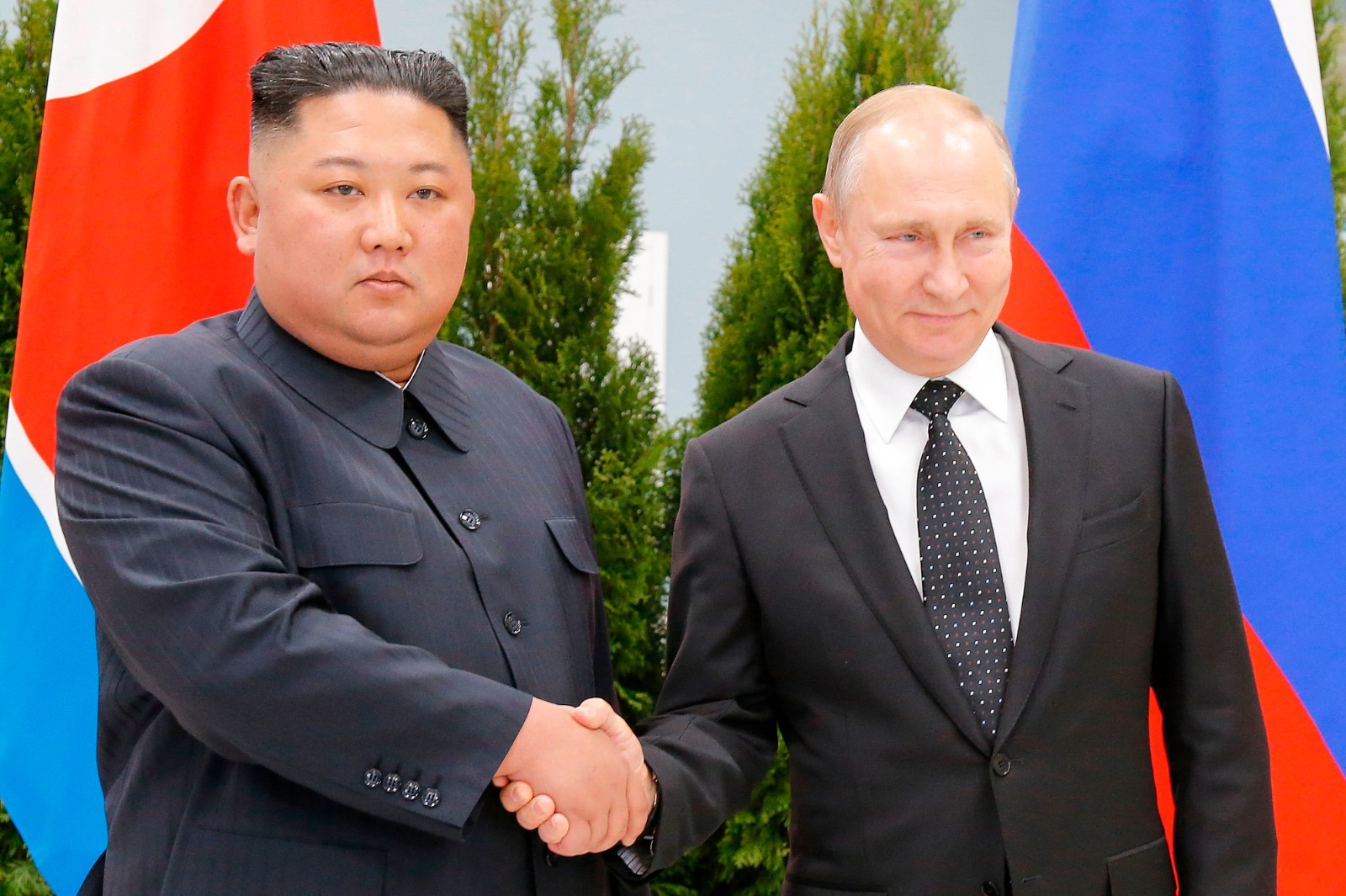North Korean leader Kim Jong Un and Russian President Vladimir Putin are poised to meet once more. Their first-ever summit in 2019 in Vladivostok was marked by camaraderie, folk dances, and diplomatic gestures. Now, four years later, the setting has changed, as they convene for an exchange that could redefine global security dynamics. This time, the meeting is all about arms sales and technology transfer, ushering in what experts describe as “a new and terrifying world.” As the world watches, this report delves into the motivations behind this unexpected alliance and its implications for both nations and the broader international community.
Arms and Technology Exchange
The imminent summit between Kim Jong Un and Vladimir Putin is not merely a diplomatic courtesy. It is a calculated move driven by strategic objectives. Kim, known for his unrelenting pursuit of military prowess, aims to bolster North Korea’s weapons capabilities. In return, Russia seeks to remedy its chronic ammunition shortage, a consequence of the prolonged conflict in Ukraine. This exchange, poised to involve a significant transfer of arms and technology, raises concerns and questions about the global balance of power.
According to Bruce Bechtol, a professor in politics at Angelo State University, North Korea has a treasure trove of military equipment to offer, from artillery guns to multiple rocket launchers, and even small arms. This vast arsenal, coupled with North Korea’s ability to swiftly produce Soviet-designed systems, presents a compelling proposition for Russia.
While some argue that Russia’s desperation drives this partnership, In-bum Chun, a retired Lieutenant General in the South Korean army, contends that North Korean weapons are not only reliable but also cost-effective. With the backing of the United States and Europe, Ukraine has become a formidable adversary for Russia, which finds itself in a protracted war of attrition.
Russia’s Ukraine Woes Fuel the Deal
Moscow’s full-scale invasion of Ukraine in February 2022 marked a turning point. What was initially hoped to be a swift resolution has evolved into an enduring conflict, causing Russia to face international isolation and punitive sanctions. In a bid to address its pressing ammunition shortage, Russia has sought unconventional partners, leading to this surprising alliance with North Korea.
Matthew Sussex, an expert in Russian foreign policy, points out that Russia’s search for ammunition partners has been driven by necessity and pragmatism. With limited options and a capacity-constrained munitions industry, Russia has turned to North Korea, a nation with a history of close ties and compatible military hardware.
The Broader Implications for Global Security
The ramifications of this clandestine arms and technology exchange extend far beyond the borders of North Korea and Russia. Kim Jong Un’s desire for military advancements, coupled with Russia’s willingness to facilitate it, has raised concerns among international observers.
Victor Cha and Ellen Kim of the Center for Strategic and International Studies suggest that Russia’s involvement may accelerate North Korea’s military programs, including nuclear submarines and intercontinental ballistic missiles (ICBMs). This, in turn, may have profound implications for global security and stability.
The United States has expressed its disapproval of the arms deal, vowing that North Korea will “pay a price.” However, with Pyongyang already heavily sanctioned, options for increasing pressure appear limited.
















